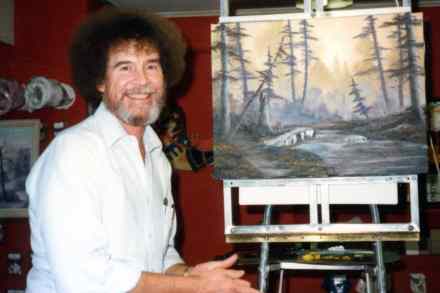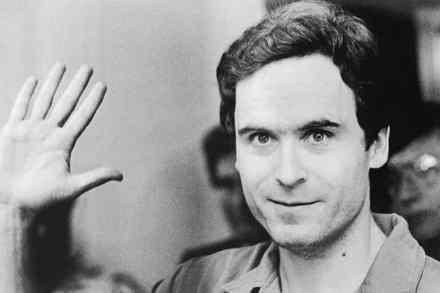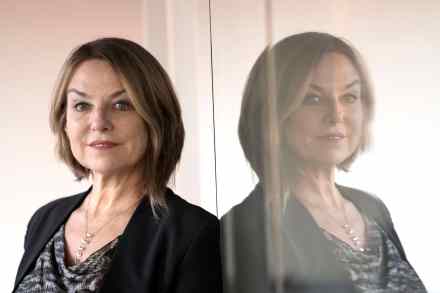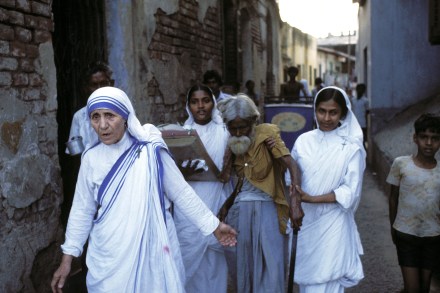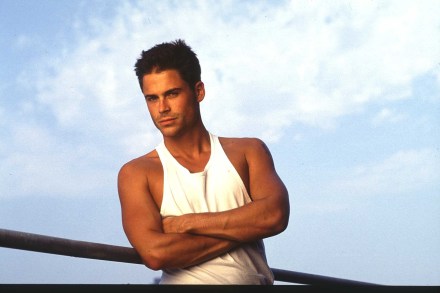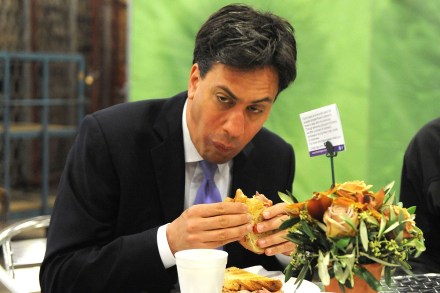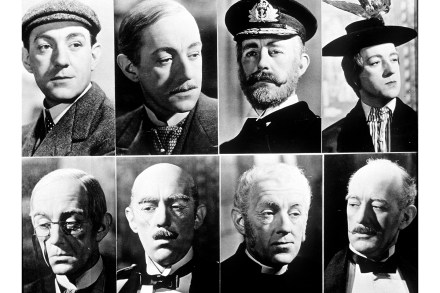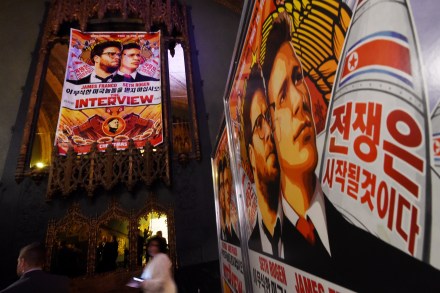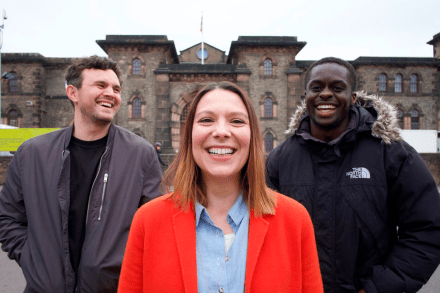The best podcasts to help you become a better painter
There’s a great documentary film on Netflix at the moment about the late artist Bob Ross, he of the happy little trees and friendly perm, and the battles fought over his estate. It coincides with the revival on BBC4 of his Joy of Painting TV programmes, which originally aired in the US between 1983 and 1994, but have lately struck a chord with pandemic–stressed audiences here. They are, basically, free therapy, with a suburban far-out vibe and colour-laden fan brush. I was sceptical about how genuine Ross’s demeanour was until I saw the film, which left me in no doubt that he was exactly as he appeared. When someone is
